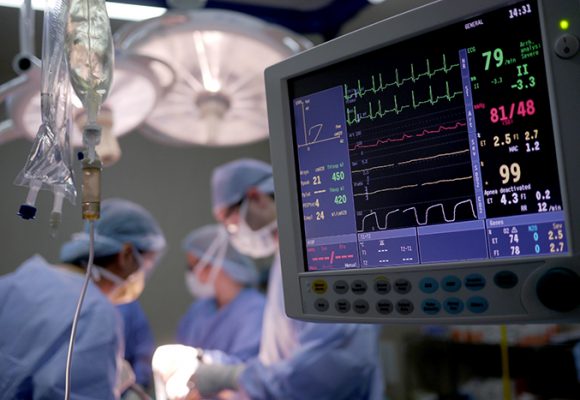
Hospitals in Illinois and across the country must take the necessary time to properly monitor their patients on a daily basis. As technology has improved over the years, devises have been created to assist workers in this monitoring in hopes that patients would receive better, more prompt care. This includes devices like pulse oxygen measurement systems, heart rate monitors, ventilators and other vital equipment. While these systems are absolutely essential to the proper evaluation and care of every hospital patient, the equipment comes with drawbacks that industry experts are calling one of the leading technology hazards in hospitals today. Every monitoring device uses alarms to notify nurses that something is amiss with patients. However, the prevalent use of these alarms may be causing hospital staff to act with less urgency in real emergency situations.
Alarm fatigue
Doctors, nurses and support staff are inundated constantly throughout the day with alarms from monitoring equipment. A recent survey performed by the Physician-Patient Alliance for Health & Safety found that workers in hospitals are exposed to, on average, 350 alarms per bed each day. That equates to thousands of alarms going off in each unit every day, and tens of thousands of alarms that must be addressed per hospital every day. Moreover, the false-alarm rate for most of these devices is between 86 and 99 percent. Combining the high number of alarms and the small percentage of actual medical emergencies that they indicate, many nurses and doctors develop medical alarm fatigue.
Alarm fatigue occurs when workers become severely desensitized to or overwhelmed by the monitoring alarms that notify them that there may be an issue with a patient. As a result, many healthcare workers turn down the noise level on these alarms, or turn them off altogether. When alarms do sound, workers often fail to attend to them in a timely manner. One study found that nurses failed to respond at all to cardiac monitor alarms in 53 percent cases in the observed period. This inaction has led to many patient injuries.
New requirements
The problem is becoming so severe that the Joint Commission, an independent, non-profit organization that accredits and certifies health care programs and organizations throughout the U.S, has created a new National Patient Safety Goal to address the issue. It requires accredited hospitals around the nation to improve their monitoring alarm response systems beginning January 1, 2014 in hopes that these medical errors can be reduced or eliminated.
Resulting patient harm
No matter what the reason may be, when medical personnel fail to attend to patients in a timely manner, patients can be severely harmed. According to Medscape, the U.S. Food and Drug Administration had received 566 reports of individual deaths related to monitoring device alarms, and alarm fatigue is the number one cause of these incidences.